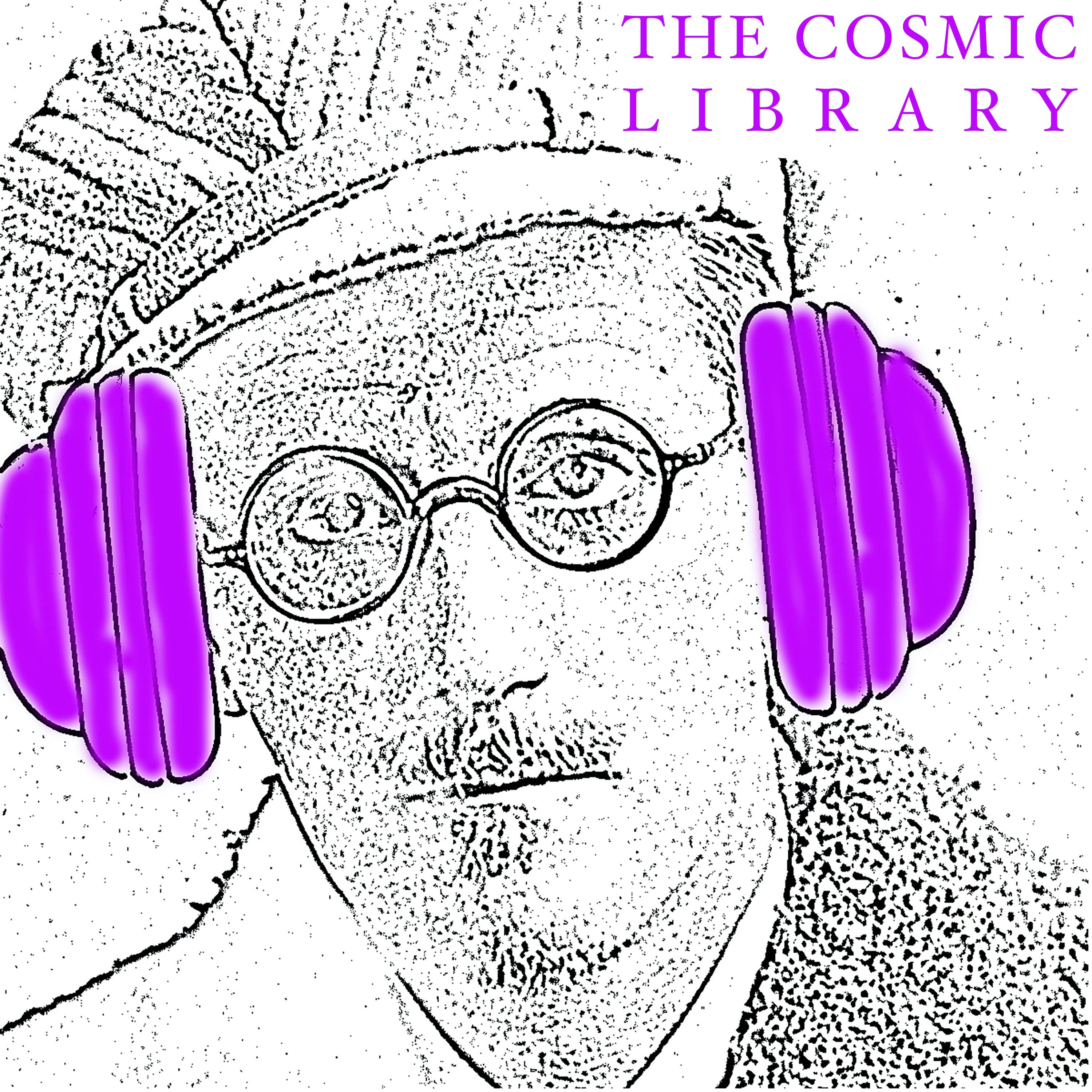5.4 NYC+MFA+ATL
Description
“If my college-age self, reading White Noise, had thought I would one day be discussing word placement with Don DeLillo, I would have had a heart attack,” Deborah Treisman says in this episode. Since those days, in her role as fiction editor at The New Yorker, she has indeed discussed word placement with Don DeLillo, whose stories include “Midnight in Dostoyevsky” and “The Itch.” Treisman has helped bring that kind of story to a wide audience—it’s all part of her work at the center of one of the major institutions in the history of American fiction. In this episode, then, we talk about The New Yorker and other forces sustaining short stories.
As unruly and unclassifiable as short stories can be, they often live in some august realms: in The New Yorker, for example, or major MFA programs. And elite organizations tend not to do well with unruliness or unclassifiability. But when it comes to short stories, the great achievements of literary institutions have come from the pursuit rather than restriction of short fiction's possibilities. Those possibilities are frequently found far from the publishing industry's hubs: Tayari Jones describes, for instance, how writers can do their best work by leaving the publishing capital of New York City for home, wherever it may be (Atlanta, in her case).
Thriving U.S. institutions with a commitment to short stories all rely, in some way, on voices and tendencies beyond those institutions. The New Yorker, says the literary scholar Andrew Kahn, “for a long time has had a very, very diverse and interesting and jumbled-up catalog.” And the writer Justin Taylor says, of MFA programs, “the institutions are not the ivory towers they think they are. They're deeply reflective of the cultures that are producing them.”
Guests:
Deborah Treisman, fiction editor at The New Yorker
Tayari Jones, author of An American Marriage
Becca Rothfeld, critic at The Washington Post and author of All Things Are Too Small
Justin Taylor, author of Reboot
Andrew Kahn, author of The Short Story: A Very Short Introduction
Learn more about your ad choices. Visit megaphone.fm/adchoices
More Episodes
The word “story” often comes after the word “bedtime,” and for good reason. Stories can frighten us, disturb and shock us, prompt us to change our thinking, but compared to most experiences, reading a story is tranquil. Podcasts, similarly conveying mediated encounters with other lives, are also...
Published 05/22/24
Published 05/22/24
American short stories started out weird. Consider Nathaniel Hawthorne, as we just did in episode two this season—or, consider Edgar Allan Poe. Existential strangeness and cosmic peril pervade these nineteenth-century stories, and those moods have stayed with American short stories into the...
Published 05/08/24


